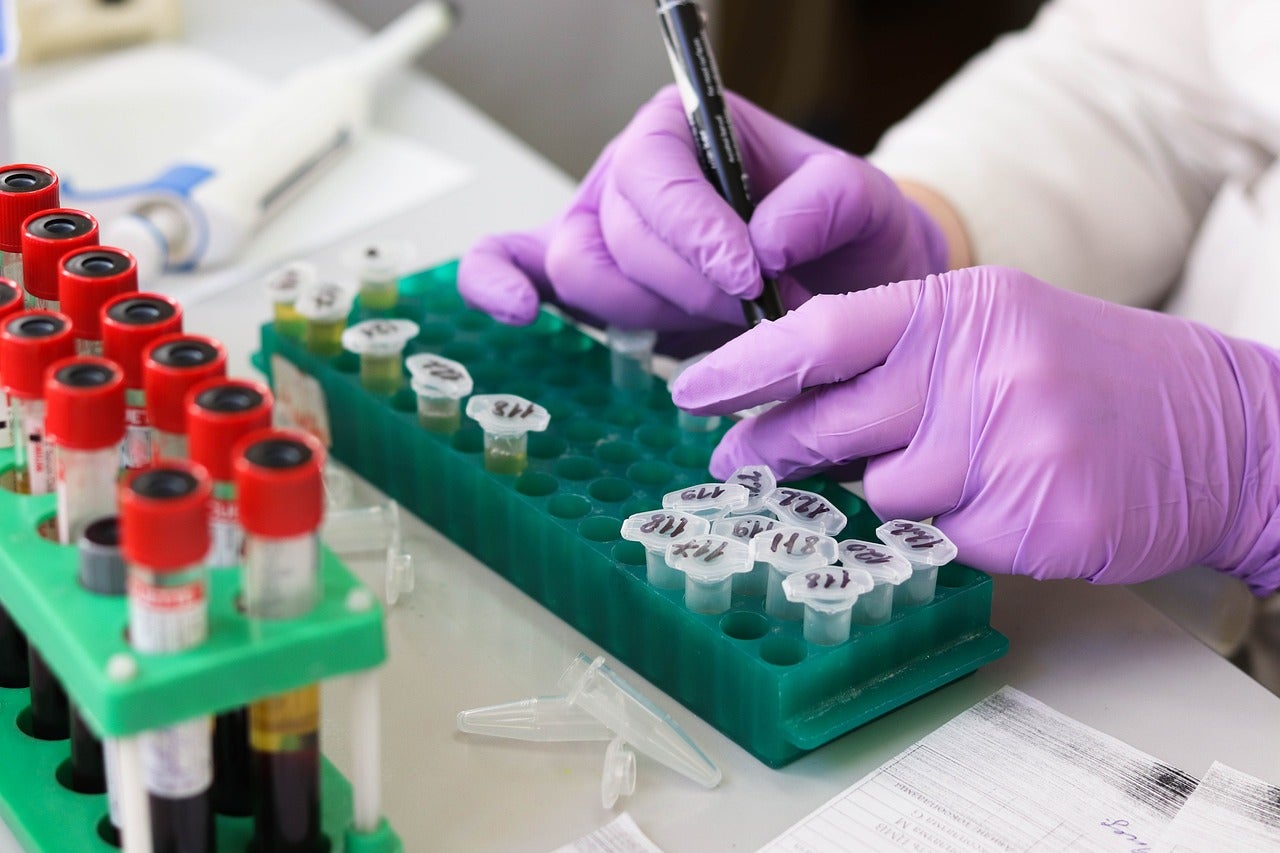'Mothers' and 'daughters' in Spanish science
IWD 2023 ·
This is how the female scientists of today see the pioneers who paved the way for them in SpainElena Martín
Miércoles, 8 de marzo 2023, 14:05
In every period of human history there have been women who have broken down the barriers that were imposed by society on the female sex, paving the way for the next generation of girls in a wide range of areas of life, including education and, more specifically, scientific education.
The Polish physicist and chemist Marie Curie is an excellent example. Closer to home, Spain has had many great women scientists such as Margarita Salas, Trinidad Arroyo and Jimena Quirós, among many others.
For International Women’s Day, we have looked at the careers of these three pioneers and asked their counterparts in the present day about their valuable legacy and the future of women in science.
Mari Carmen: García Oceanographer and director of the IEO in Malaga
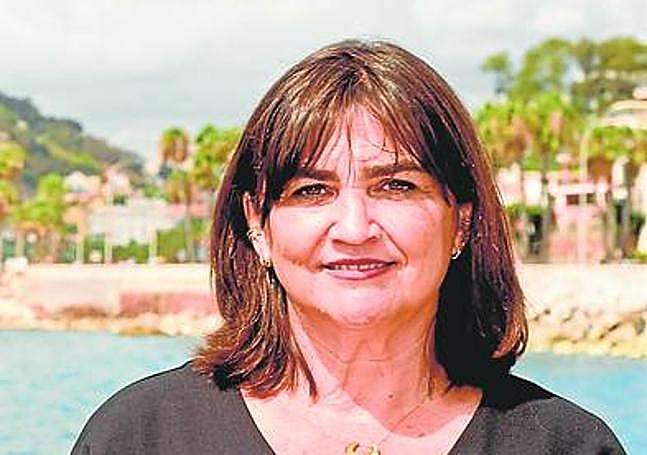
Zoom

Mari Carmen García is as Andalusian as Jimena Quirós. She is a researcher at the Spanish Institute of Oceanography and director of the branch in Malaga. She has a long career in the study of climate change in the Mediterranean, written for more than 30 important magazines, published several books and is part of the Oceánicas project, which looks at the role of women in oceanography.
For Mari Carmen, women like Quirós “are a real inspiration and an example for us to follow.
Without these courageous women, who made people realise that science is not just for men, the doors which have enabled us to advance would never have opened,” she says.
She welcomes the fact that there is an equal number of men and women on the IEO staff, but admits that study of the sea is still a very masculine world and it is not unusual for there to be 15 men and one woman on oceanographic projects, something which “makes things more difficult and uncomfortable,” she says.
She does recognise that advances are being made, but insists that there is still a lot to be done.
“Recently, a study has shown that from an early age girls tend to feel inferior to boys when it comes to science. That is a wall that has to be demolished. And it is why it is so important for them to have references close to them, and not just to know about major figures such as Marie Curie,” she says.
Jimena Quirós. Almeria, 1899-Madrid, 1983
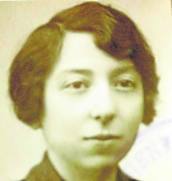
She studied Sciences and, at the same time, worked as an intern at the Spanish Institute of Oceanography, dedicated to sea sciences. She was the first Spanish scientist to participate in an oceanographic campaign and to write an article in that field. She worked as a teacher and was a fierce advocate for women’s rights.
Elena Barraquer: Ophthalmologist and medical director
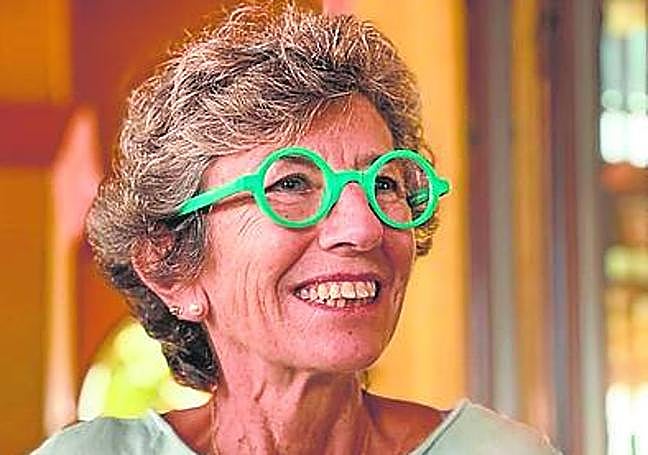
Zoom

Elena Barraquer feels the same vocation for her profession as Trinidad Arroyo did. An ophthalmologist specialising in cataract surgery and cornea transplants, this renowned Catalonian scientist is the founder of the ophthalmology centre and the foundation that bears her name.
With the foundation, she travels to under-developed countries to combat avoidable blindness due to cataracts. Her opinion of women like Arroyo and Carmen Piera Cebrià, the first female ophthalmologist from Sueca (Valencia), who set up the first welfare clinic in the region, is that “the scientific discoveries made by them have been vital for technological development,” and, in her field, “for the improvements in eye surgery which we enjoy in the present day,” she says.
Barraquer is a firm believer in equal education and believes that “we have to convince young people that women can do practically all the same jobs as men, and many of them even better! The situation has improved since I was a student. At that time, only about 25 per cent of those who studied Medicine were female,” she says.
Now that proportion has reversed, but management posts are still largely predominated by men. “There still need to be better social policies which will enable mothers to carry on rising in their careers, combining their professional activity with their family life,” she says.
Trinidad Arroyo. Palencia, 1872-Mexico, 1959
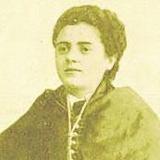
She studied Medicine in Valladolid and her doctorate in Madrid and founded the Lyceum Club of Madrid, an association to defend the political and social rights of women. She also co-founded the Association of Spanish Women Doctors. When the Civil War began, she went into exile to Mexico as she supported republicanism.
Ana Martínez: Research professor at the Margarita Salas Centre
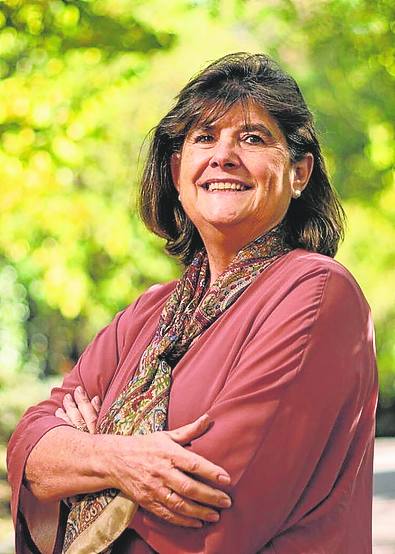
Zoom

A former colleague of Margarita Salas, Ana Martínez carries out her research work at the centre named after this pioneer, which is part of the National Centre for Scientific Research (CSIC). Martínez is a well-known chemist who specialises in designing new drugs for neurodegenerative and infectious diseases. She also advises biotechnology companies, is the author of hundreds of scientific articles, has 30 patents and has founded a company. In 2022 she was awarded the Juan de la Cierva National Research Award.
Martínez considers herself fortunate because, thanks to those pioneers and the examples of female scientists in her own family, things have been much easier for her. “If you want to do it, you can. We have to fight for our dreams,” is her advice to girls who want to be scientists.
In her opinion, there needs to be more commitment to providing equal measures so that men and women can both have competitive careers. “I believe that would favour women joining the world of work more freely and help men to spend more time with their families,” she says. And she says that behind every great man there is a great woman, “but great women also tend to have great men at their side. Marie Curie’s husband refused to collect his Nobel Prize without her, and Eladio Viñuelas was a constant support for Salas, we must not forget that. Family stability is the key,” she explains.
Margarita Salas. Asturias, 1938-Madrid, 2019
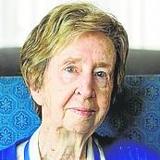
She was one of the most outstanding scientists of the 20th century. She developed the study of molecular biology in Spain, with her husband Eladio Viñuela. Her study of the Phi29 bacterial virus made it possible to know how DNA works. She was a teacher, and her students liked to call themselves ‘margaritos’.
